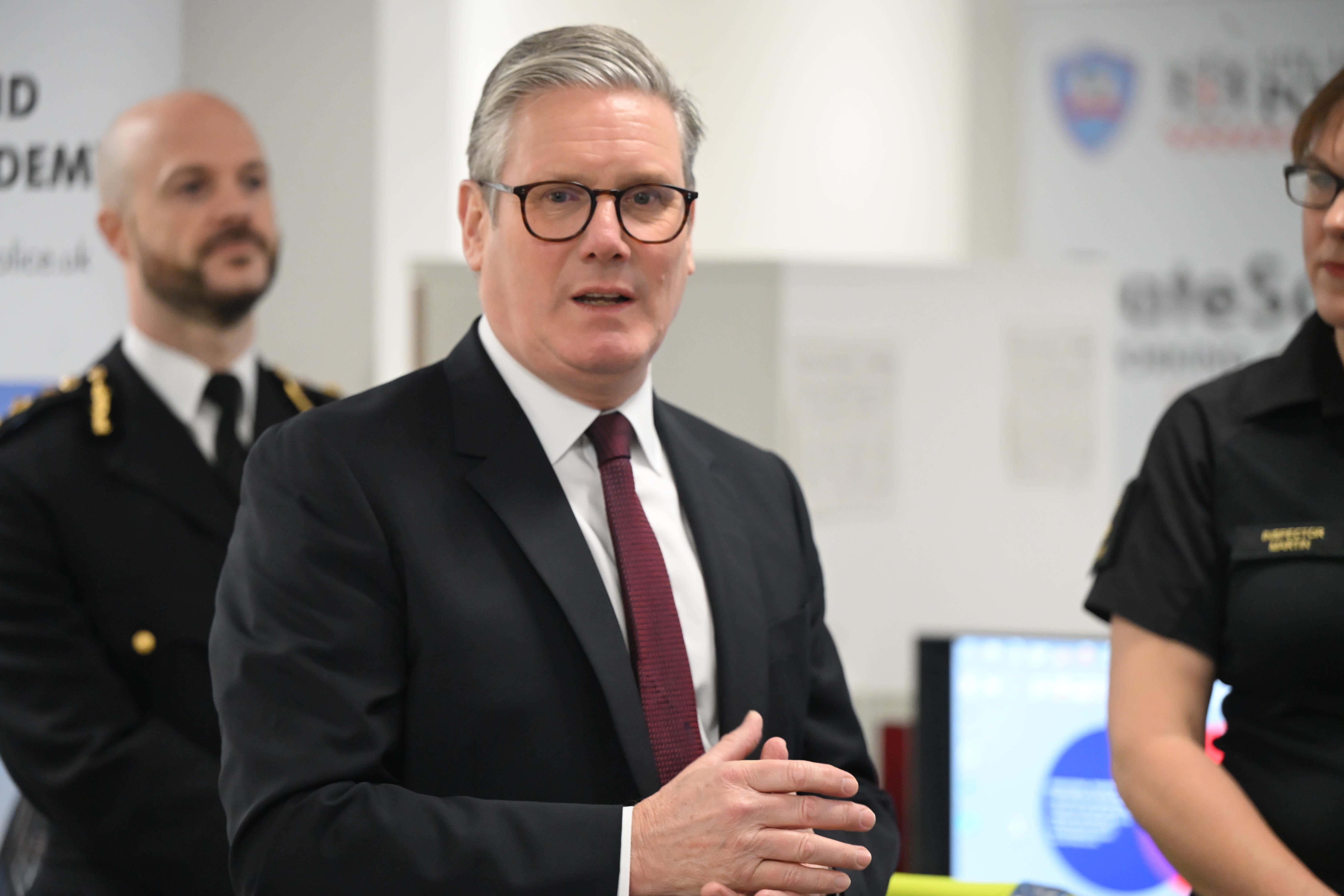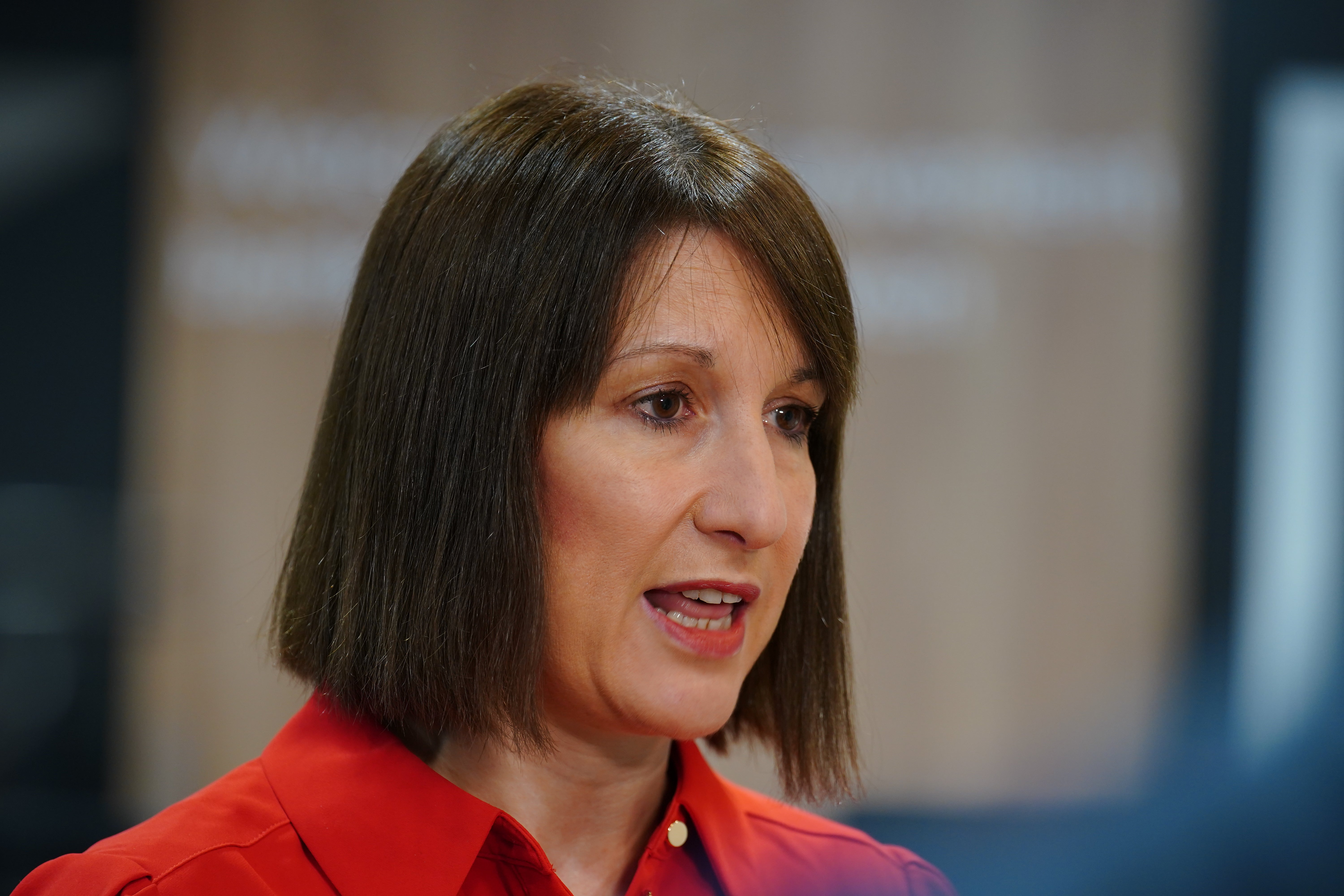Why Starmer and Reeves are pinning their hopes on AI to drive growth in UK
Share:
The PM and chancellor believe AI will help British workers produce more, raising wages and releasing spare capital. The spectre of last week’s bond market sell-off hangs over the government’s artificial intelligence strategy. Investors, and voters, want to know where the growth is in the UK economy.
Keir Starmer and the chancellor, Rachel Reeves, believes AI is a significant part of the answer. The UK has considerable strengths in AI, which can be loosely defined as computer systems performing tasks that typically require human intelligence (ranging from summarising a document to assessing a medical patient’s symptoms and writing emails).
Those strengths include the high-quality research and engineering talent coming out of UK universities and the fact that the country already hosts a number of leading AI companies, led by the UK-founded Google DeepMind. There are negatives, of which the government is well aware (hence the strategy): building data centres – the central nervous system of AI systems – is a laboriously difficult process in the UK; access to, and the cost of, the vast amounts of energy needed for data centres is also a problem; AI talent and companies can move elsewhere if they get frustrated; and getting regulation right, from safety to copyright, is a difficult balance to strike.






















